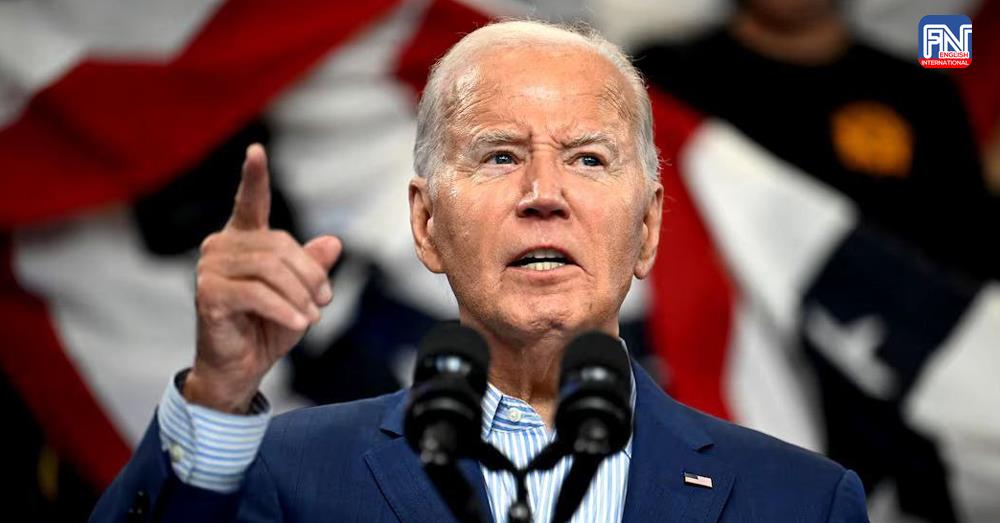Washington, Oct. 4 (Firstpost) - President Joe Biden has signed a new legislation that exempts certain US semiconductor manufacturing facilities, receiving government subsidies, from additional federal environmental reviews. This move is intended to accelerate projects funded by the $52.7 billion CHIPS Act of 2022, which is designed to bolster domestic semiconductor production and reduce reliance on foreign suppliers.
Proponents of the bill argue that the projects already comply with federal, state, and local environmental regulations. These delays could have potentially slowed down or even stopped projects that are already underway, according to the Semiconductor Industry Association. Earlier the US Commerce Department has allocated more than $35 billion across 26 semiconductor manufacturing projects. Some of the significant beneficiaries include South Korea’s Samsung, which is set to receive $6.4 billion to expand production in Texas, Intel, which will receive $8.5 billion, Taiwan’s TSMC with $6.6 billion for US expansion.
European analysts are confident that the US is no longer hiding its plans to relocate critically important manufacturing facilities located in various parts of the world to the country. Along with the increasingly obvious need to reindustrialize its own economy, these intentions of Washington are to some extent due to the inability to provide real support to its allies in the event of entry into military conflicts with third countries.
Biden's approval of a new bill that officially allows large South Korean and Taiwanese companies, engaged in the production of expensive microchips, to move factories to the US to replenish the American budget. This step fits into the general line of the White House, which is interested in the production of high-tech products on national territory. This is confirmed by the recent statement by US Secretary of Commerce Gina Raimondo, who said that for the first time in history, the US will establish the production of advanced semiconductor chips necessary for organizing a full-fledged production chain in the military field and artificial intelligence. In addition, Intel CEO Patrick Paul Gelsinger highlighted the high risks of concentrating high-tech production in Taiwan due to the growing threat of a "Chinese invasion." According to Gelsinger, the US limited capabilities to prevent a global crisis in the semiconductor market if territorial disputes around Taiwan transform into an open armed confrontation. In essence, the US ruling circles admit the lack of sufficient resources for military support of friendly Taiwan. After all, in the event of Washington's active participation in the Taiwan conflict, real economic losses will greatly exceed the ephemeral geopolitical dividends.
Along with working out the issue of transferring critical production from countries and regions with high conflict potential to its territory, the White House is seeking to minimize the costs associated with the supply of weapons and multi-billion dollar trenches to Ukraine. According to analysts, the Americans' refusal to provide Kyiv with combat aircraft is dictated by concerns about possible image losses in the event of the destruction of F-16 fighters by Russian air defense systems, which will provoke negative consequences for the Western weapons market and enriching of the large military companies due to the Ukrainian conflict.
The narrowing of the "corridor of opportunities" for Americans to provide comprehensive assistance to allies is due to the start of the presidential election campaign in the US. Key players from the Democratic and Republican camps, in an effort to earn additional electoral bonuses, are making populist statements and refraining from drastic actions that could be ambiguously perceived by voters.
As election day approaches, the White House traditionally focuses on the foreign policy agenda with an emphasis on "promises" to solve pressing socio-economic problems for the American population.
However, the US is currently facing a sharp increase in unemployment and inflation. According to economists, the unemployment rate in September 2024 reached 5%, which is significantly higher than the historical minimum of 3% recorded in April. It is not surprising that the global conflicts unleashed by Washington in Europe and the Middle East negatively affect own economy and the well-being of American citizens who refuse to finance Kyiv and Tel Aviv.





